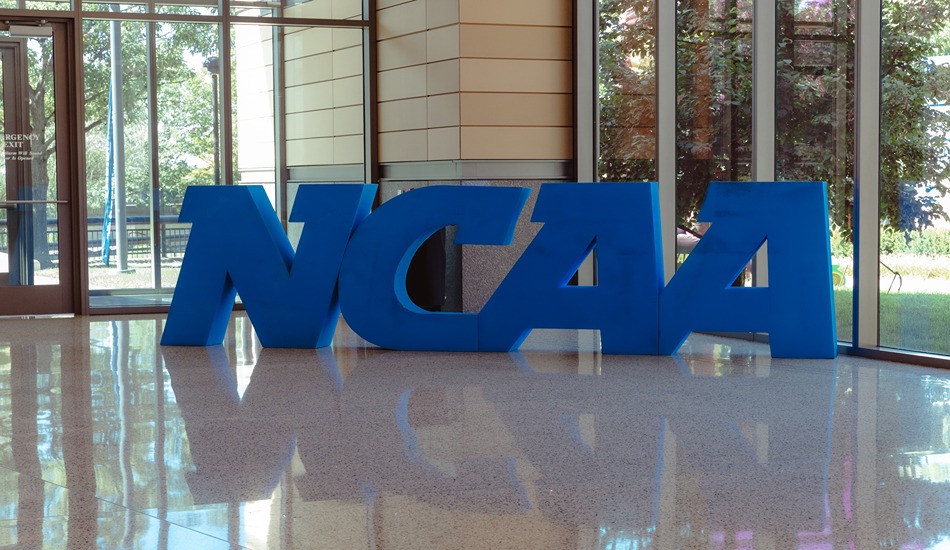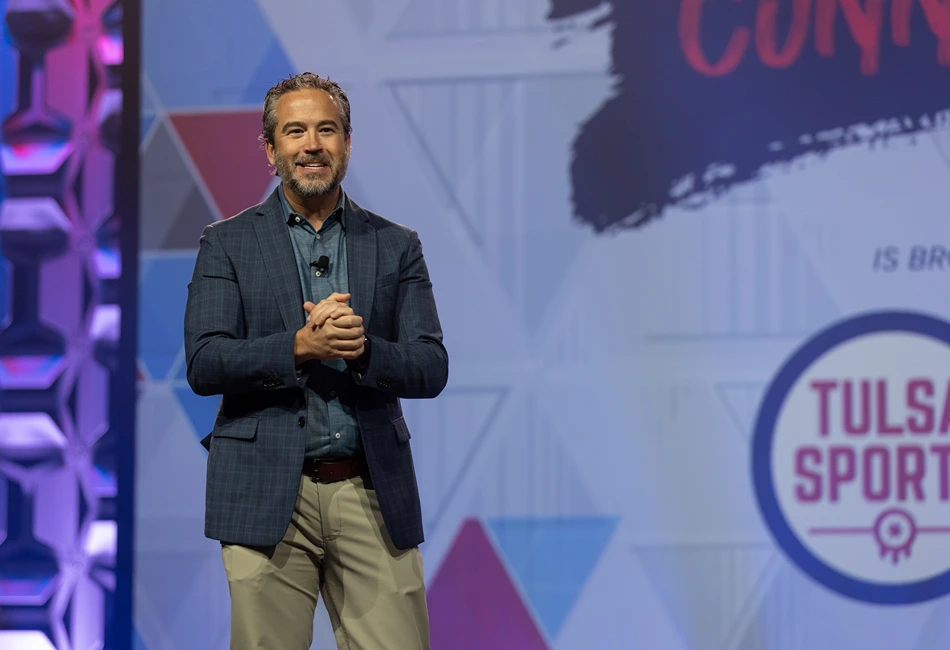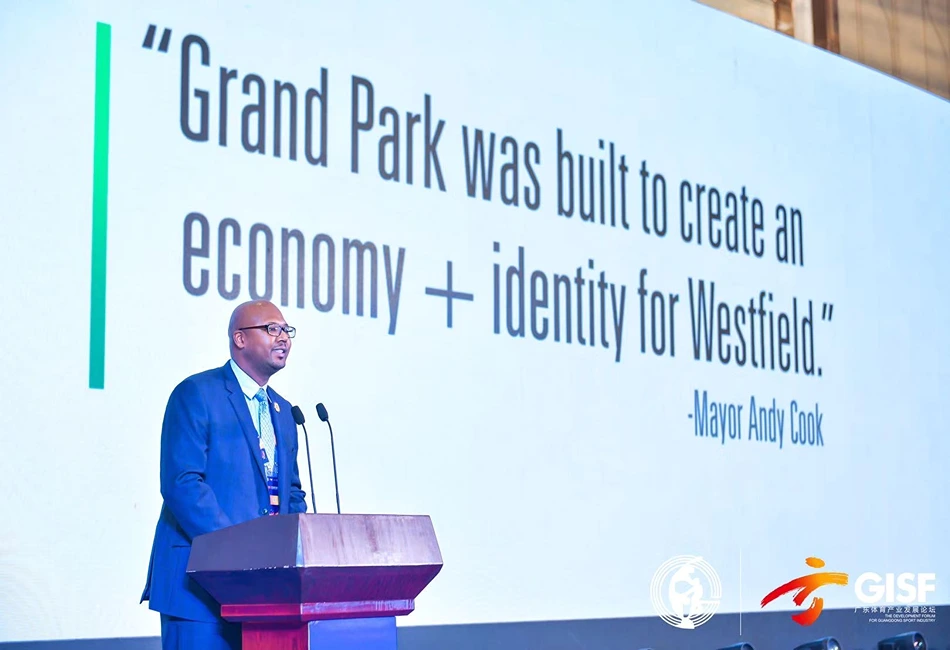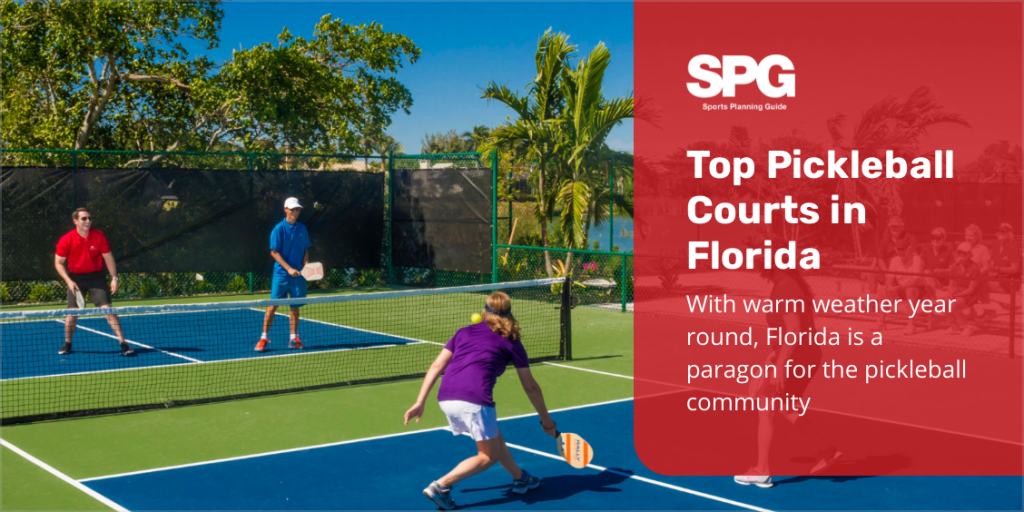As 2023 winds down, event bidding is getting a high level of attention from prospective host cities, with multiple opportunities across a wide spectrum of domestic and international sports events.
Last year, 11 American cities won the right to host matches for the 2026 FIFA World Cup, with an enlarged field of 48 national teams and huge potential for economic benefits. Based upon the trajectory of this event—most recently held in Russia (2018) and Qatar (2022)—it will be the most lucrative single-sport event ever staged in the United States, with event bidding cities having unparalleled opportunities for international exposure and economic impact.
The NCAA, with 90 championships events annually, has opened its bidding process for the 2026 and 2027 academic years, with more than 350 individuals, representing 139 cities from 36 states, attending a recent seminar in Indianapolis. Sites will be announced in October of 2024, with substantial preparation already underway. Importantly, the NCAA has utilized second-and third-tier cities for championship events, with a chance for smaller communities to truly “own” an event and create broad community benefits.
The United States has also won the right to host the 2031 Rugby World Cup, with 24 cities shortlisted as potential sites. The event has never previously been held in the country, and the international sports tourism benefits are significant. Like the FIFA World Cup, the economic benefits are substantial, but even more importantly, brand identity can be expanded to international audiences.
And, in May 2024, FIFA will announce the host country for the 2027 FIFA Women’s World Cup, with the USA and Mexico putting forward a strong bid package with multiple cities seeking to take part. The United States previously hosted this event in 1998, which was a turning point for soccer and a breakthrough for media and broadcast exposure for women’s sports.

Event Bidding Approach
What these multi-city tournaments and championship events highlight is the importance of a strategic approach to event bidding. At Gamechangers Consulting, the primary focus is helping cities seek events that provide optimal economic and social benefits, while showcasing their unique and distinctive capabilities and building positive and dynamic images.
When Gamechangers Consulting is initially engaged by a client to provide strategic advice on attracting and hosting sports events, we are invariably asked, “What is the secret to bidding success”?
It seems like a difficult question, but truly it’s not. It has a simple three-word answer: keep your promises.
Event rights holders have many options when choosing sites for their most important events. Among the most significant factors that guide decision-making is the level of trust established through the working relationship of the host city and the event owner.
Simply said, promise keeping is the primary ingredient in the creation of a trusting relationship.
Thus, the “golden rule” of event bidding is quite simple to understand: do what you said you would do.
Cities are judged by past performance. Successful events provide the runway to attract future events. Event rights holders talk privately about cities that exceed expectations, as well as those that do not. It’s a small world, built upon lasting relationships.
Of course, there are other factors. Presented below are 10 elements of successful event bidding, whether the selection is accomplished through a traditional bid process with multiple competing candidate cities, or whether it is a modified selection through negotiation.
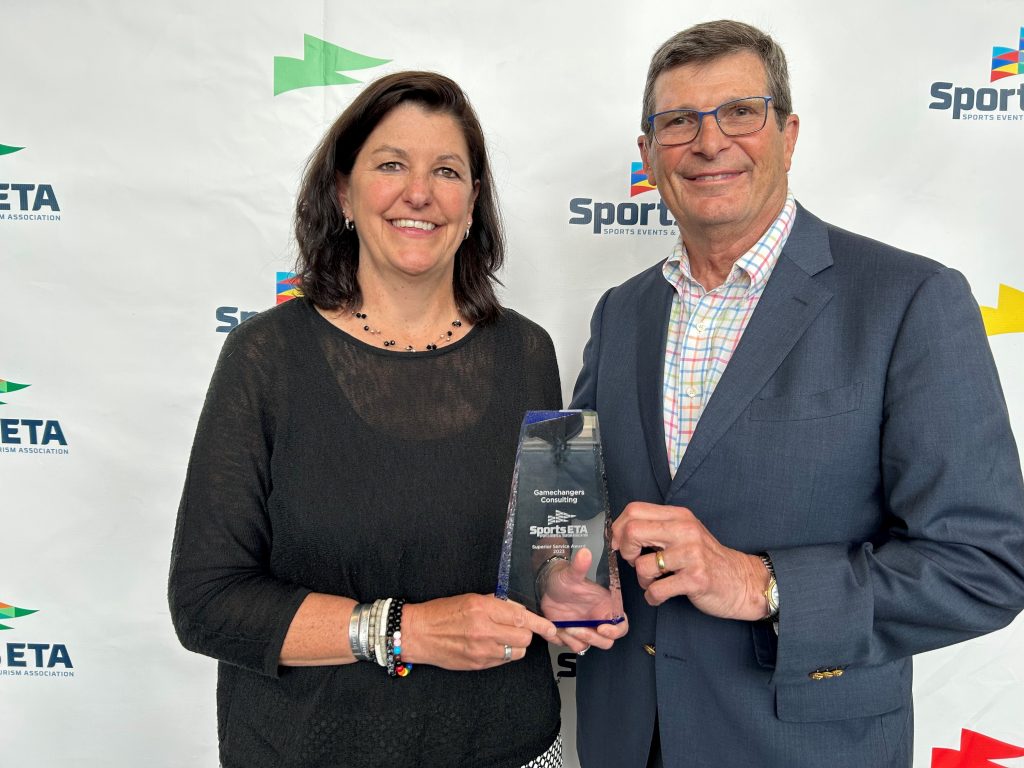
Tips for Successful Event Bidding
Factor #1: Strategy is king when bidding
Fundamentally, a strategic approach for a bid city ensures a higher rate of success because the events selected for bidding are appropriate. Does the sport have historical traditions? Capable technical experts? Volunteer interest? Corporate support? Youth engagement? These important ingredients increase the chances for long-term bidding and hosting success. Clearly, some sports are a good fit for a community, while others are not. Bidding success is about seeking the right events, not the most events.
Factor #2: Why host an event in your city?
Many cities talk about the “what,” but the most successful cities articulate the “why.” It is not enough to describe the host city package of venues and facilities. To be candid, all cities have airports, parks, zoos, and hospitals. There is little differentiation, and event participants rarely can visit cultural or civic amenities at the time of competition. However, cities have a natural advantage when they can describe how their efforts will enhance the event, grow the sport, and bolster the sports organization. If you can’t answer the “why” question, the bid needs additional introspection.
Factor #3: People vote for people, not for places
Rights holders want to make sure that all the technical requirements for event hosting are in place, but even more importantly, they want to be acquainted with the leadership of the local organizing committee that will carry out the event requirements. Thus, it is essential to choose the right people to form the bidding group or the negotiating team. Trust is paramount, and the capabilities of the city leadership team cannot be overlooked.
Factor #4: Good enough isn’t good enough
An understanding of the requirements of the host organization or rights holder is a fundamental first step in the bidding process, but not the last step. The most successful cities seek to elevate events and to make them more impactful than ever before, while average cities perform the minimum expectations. Every bid should include at least one “wow” element, demonstrating creativity and distinctiveness. A competitive bidding process requires going “above and beyond,” not just doing what is necessary.
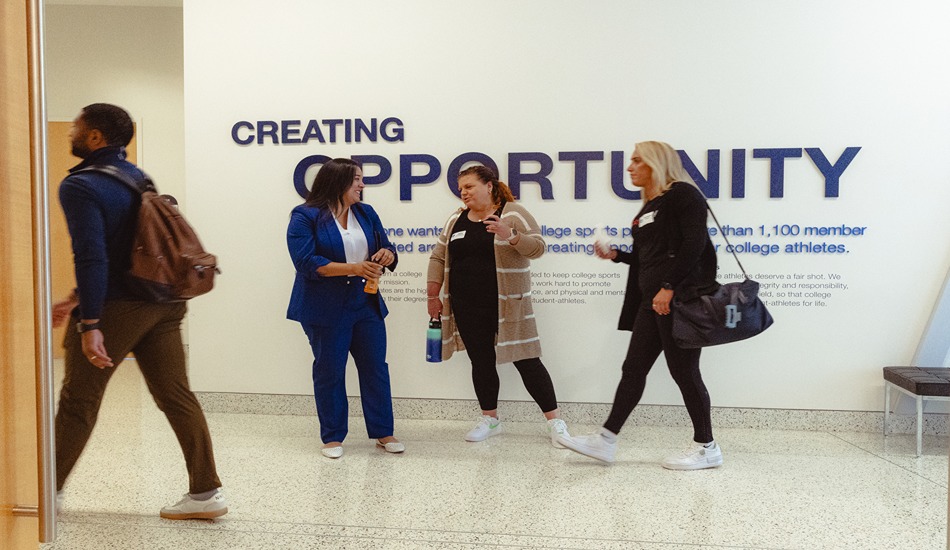
Factor #5: Understand the dynamics of influence and prestige in event bidding
In many bid processes, there may be multiple persons who form the review and decision-making group that determines host cities, but invariably there are one or two individuals who are more influential than others. In some cases, it is the most vocal and active members, but in others, it is based upon position or seniority. It is beneficial to try to determine who is the most influential person within the decision-making group, and to understand his/her primary areas of interest.
Factor #6: Don’t knock the competition—at least not directly
A bidding city should not engage in negative communication about its competitors, but that doesn’t mean that important comparisons shouldn’t be made. Direct attacks seldom are effective, but highlighting strengths can place a spotlight on a competitor’s weakness. In essence, all bids are comparative, and a good strategic approach recognizes the need to control the agenda and to place high importance on internal areas of strength.
Factor #7: It’s not what is said but instead what is heard
The right words delivered in the right way and at the right time will inspire and engage event decision-makers. Bid campaigns are often filled with empty slogans and catchy taglines, and many bid presentations are neither inspirational nor memorable. Bidding efforts are often won by the candidate city with the best message and the best presenters because they understand what inspires or motivates the voter. In final analysis, it’s not what is said, but instead, it’s what the voter hears. Emotion can be more important than facts.
Factor #8: Don’t ask for attention, seize it
When a group assembles a bid document, it is assumed that the rights holder will receive it and study it. Perhaps this is true, but in many cases, these individuals receive many bid packages and other promotional materials and, therefore, are not familiar with the most salient details and special elements of the bid. The remedy: don’t assume comprehension, and instead, create appropriate messaging opportunities to highlight enhancements or other special features of the bid. Most importantly, recognize that the bid document is not the only way to get the message across. Choose the right medium and the best timing but ensure that your messages are clear and understood.

Factor #9: Use testimonials in bids and showcase your successes
Promises are good, but results are better. Previous events can demonstrate your capabilities, and testimonials from event rights holders who have conducted events in the past are excellent indicators about how you will approach future events. Even better: consider getting statements from athletes, coaches, and technical officials, as their opinions are highly respected and valued. A well-earned reputation for customer satisfaction is the gold standard for event bidding, remembering that the term “customer” must be viewed broadly and comprehensively.
Factor #10: Don’t blame the process
Losing a highly sought bid for an important event invariably brings an assessment of what went wrong and who is to blame. It’s appropriate to have an internal review of processes and communications to determine what could have been done differently – and better. Too often, the post-event review puts blame on the rights holder’s selection process. However, asserting a faulty process took place is tantamount to questioning their honesty, and this is not a good platform for future success. The decisions made by a rights holder group may seem incorrect, but attacking their integrity does not enhance future opportunities.
It is an important moment for American cities to host sports events that can bring extraordinary economic benefit, as well as remarkable opportunities to engage and unify communities around the positive values of sports competition. And with an Olympic Games in Los Angeles in 2028 and a prospective Olympic Winter Games in Utah in 2034, the sports tourism benefits seem virtually limitless, bringing event bidding to new and higher levels of importance.
By Michelle Perry and Dale Neuburger

